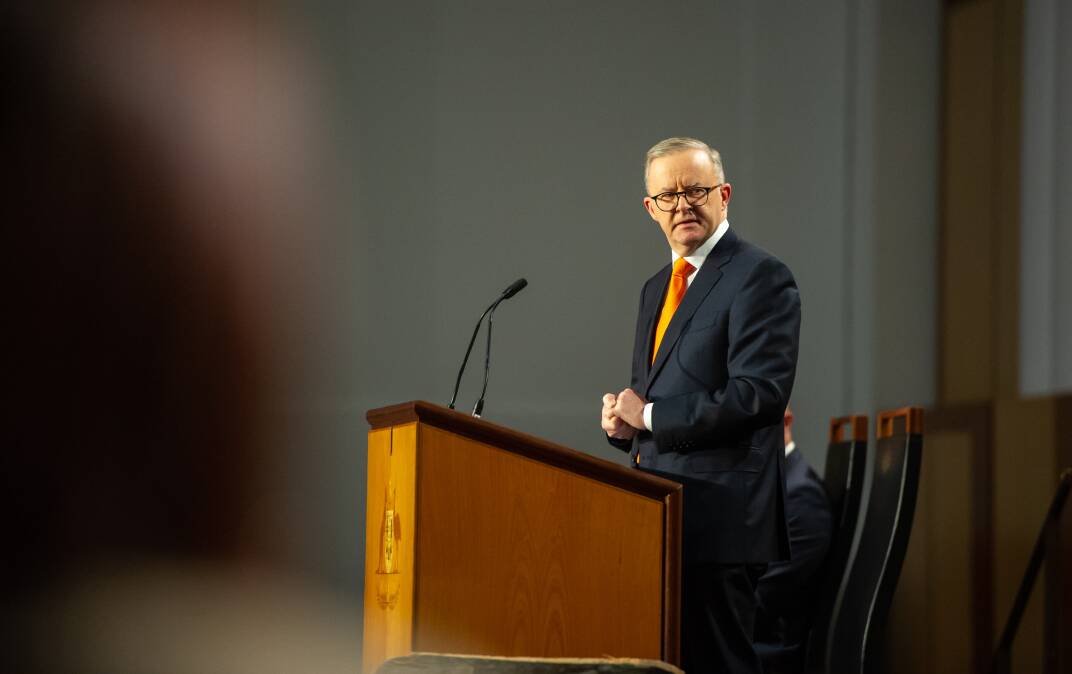
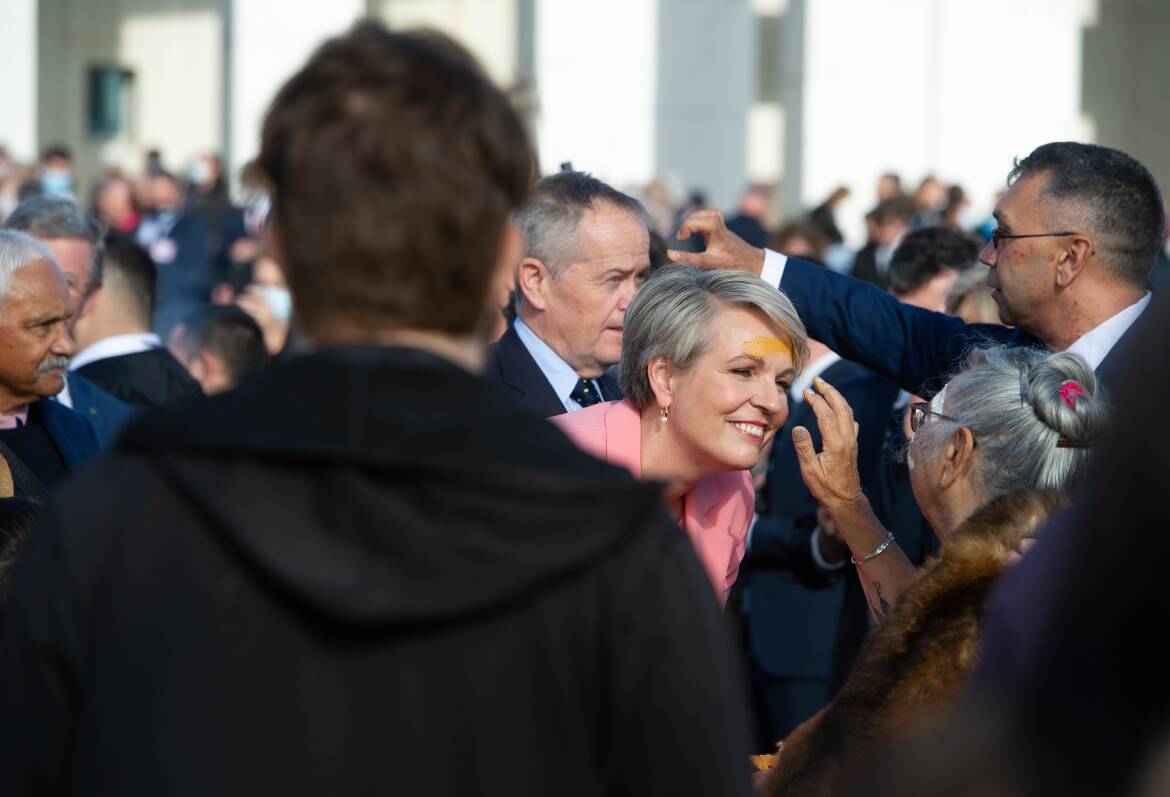
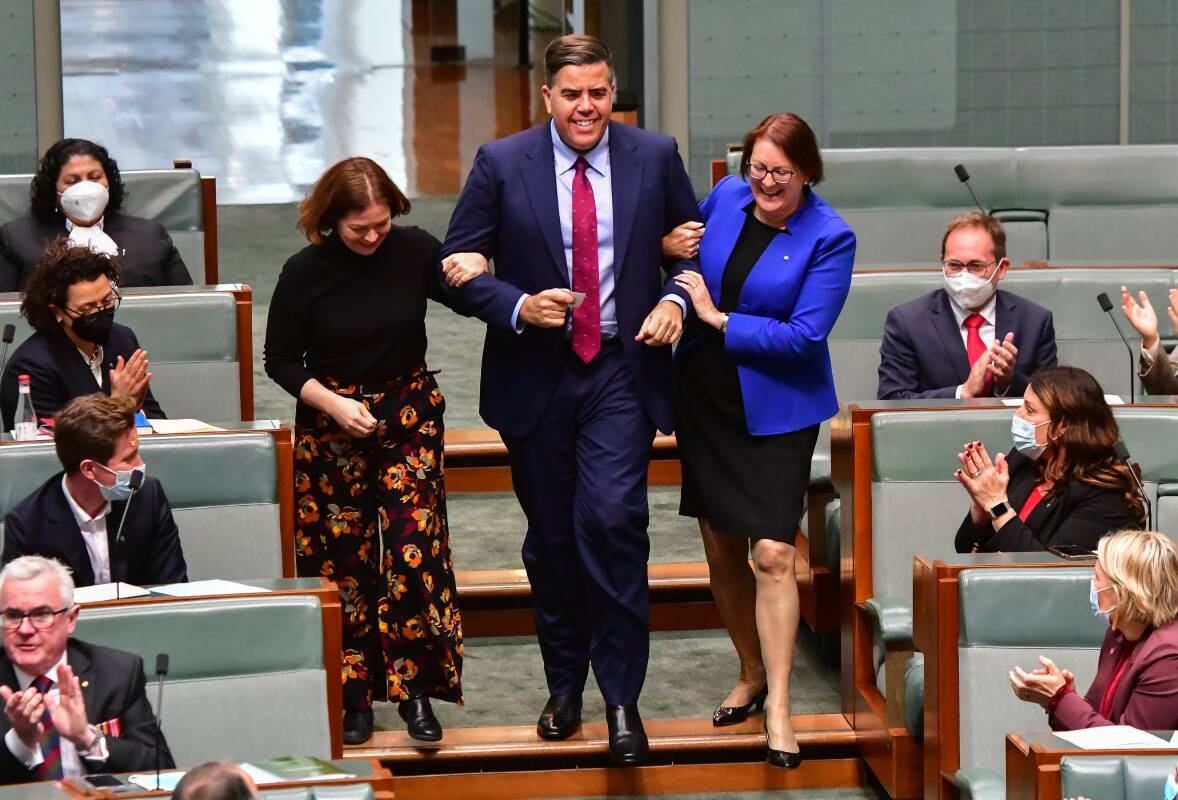
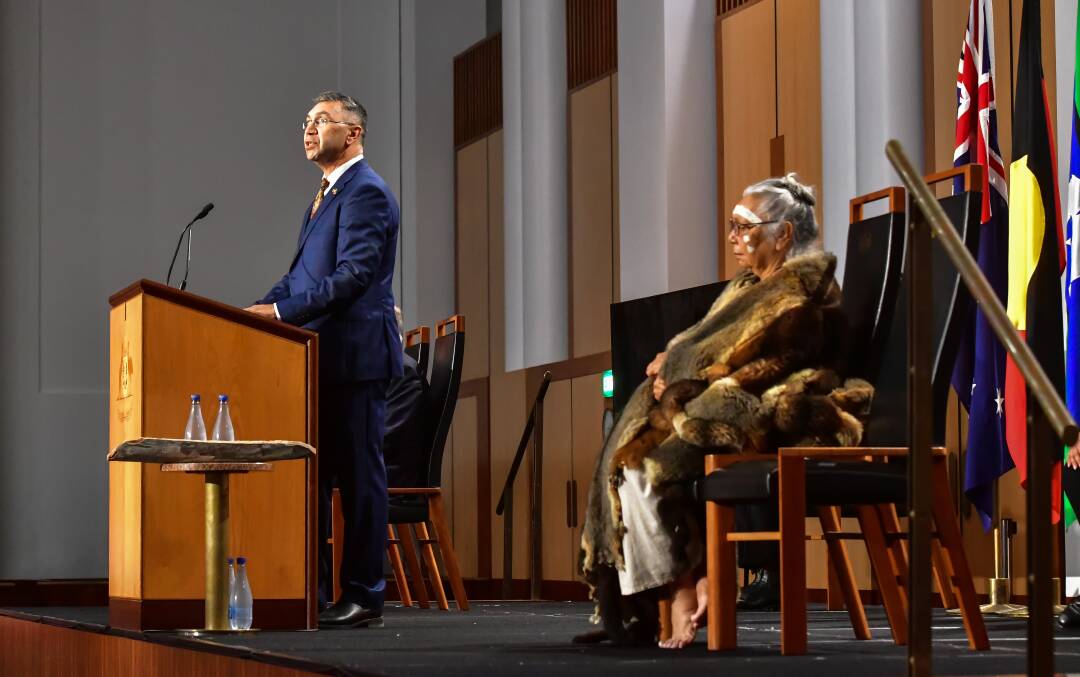
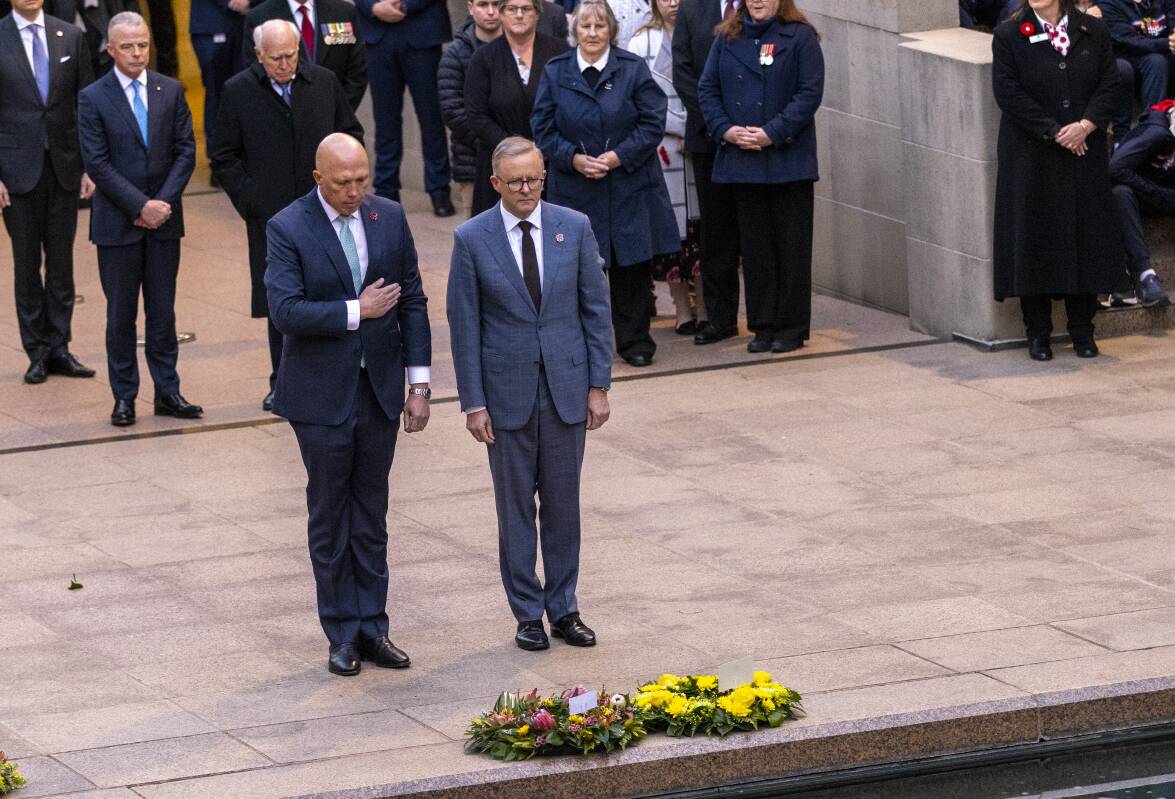
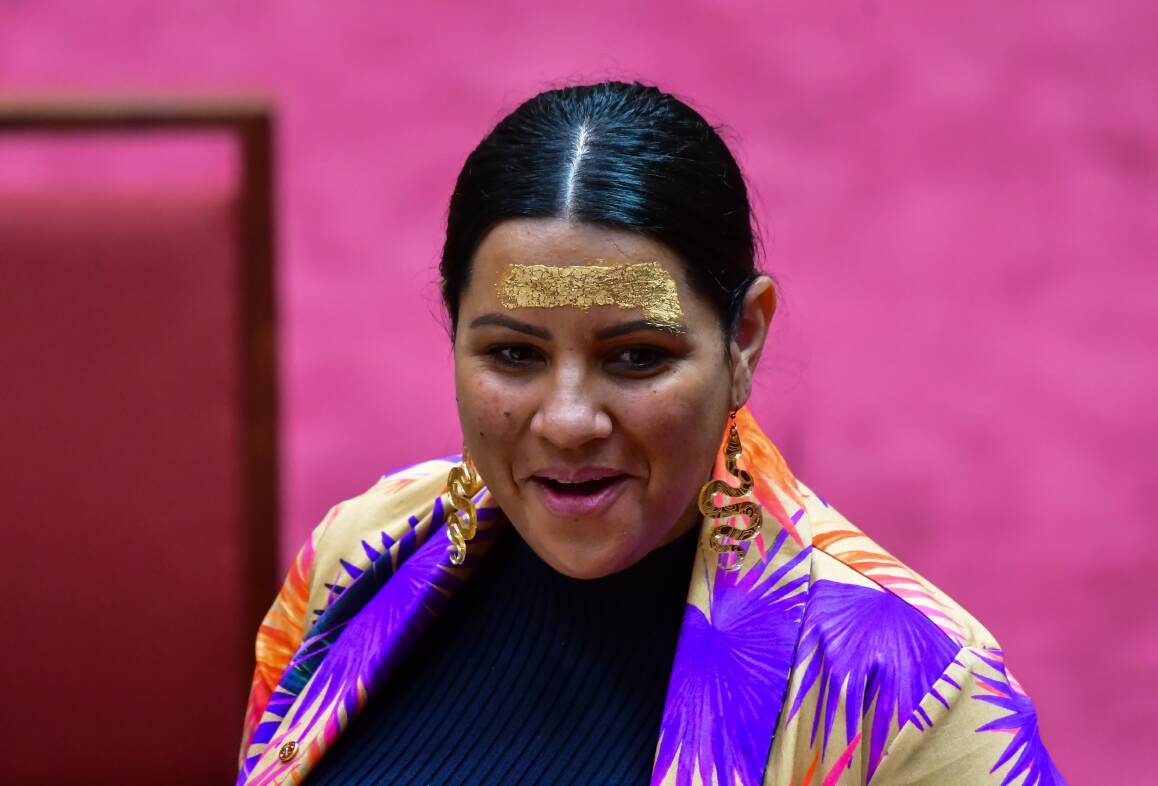

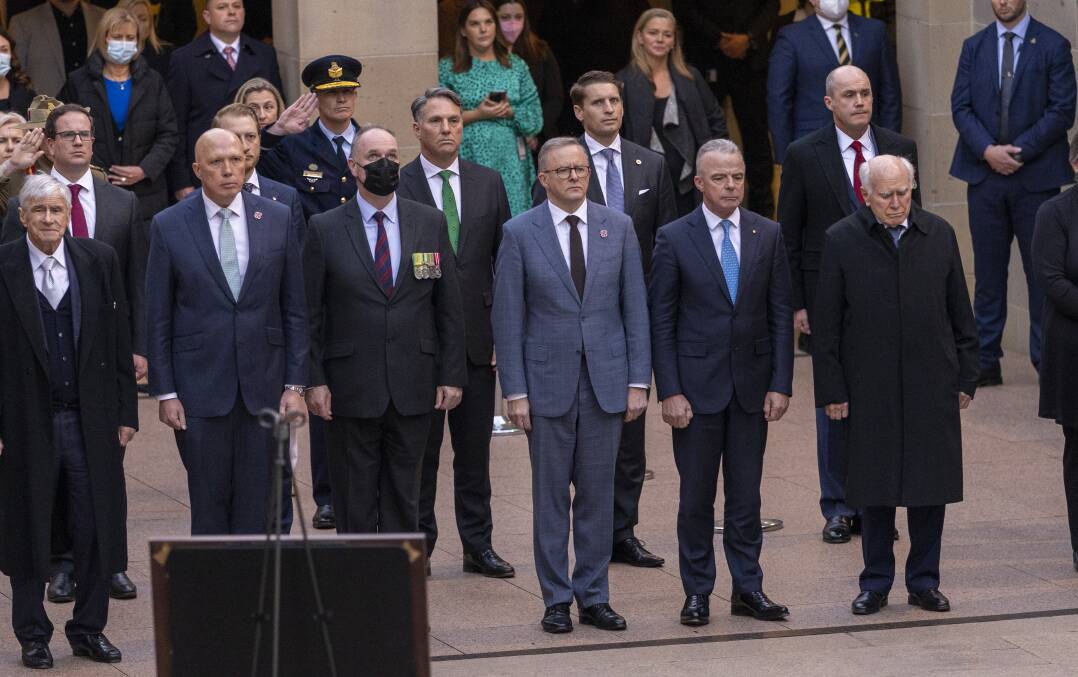
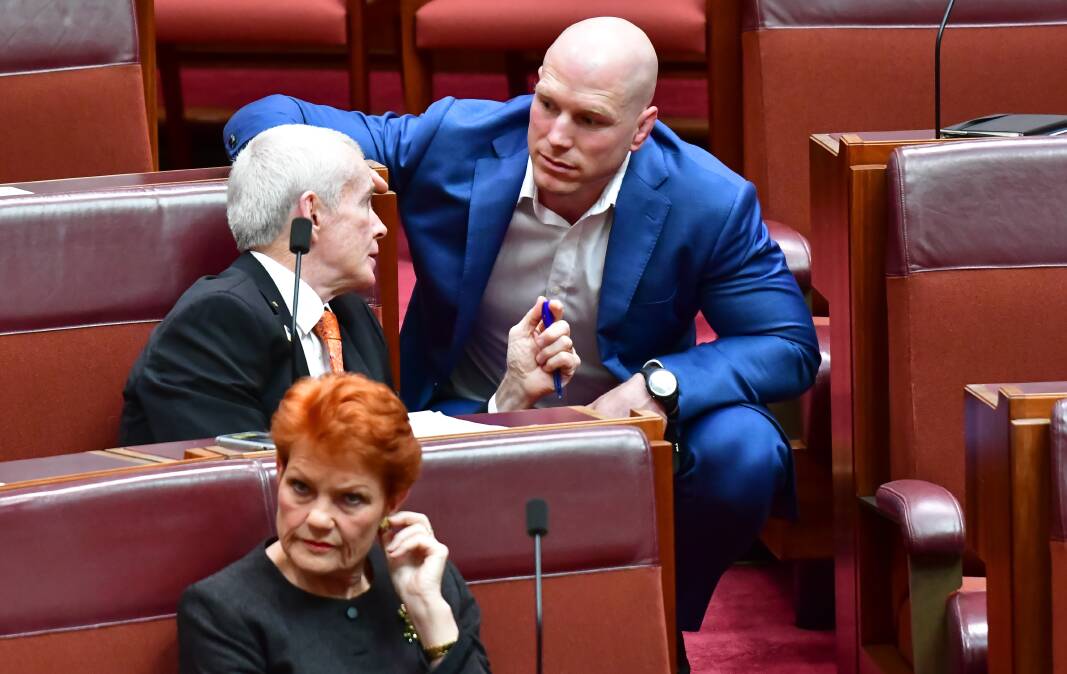
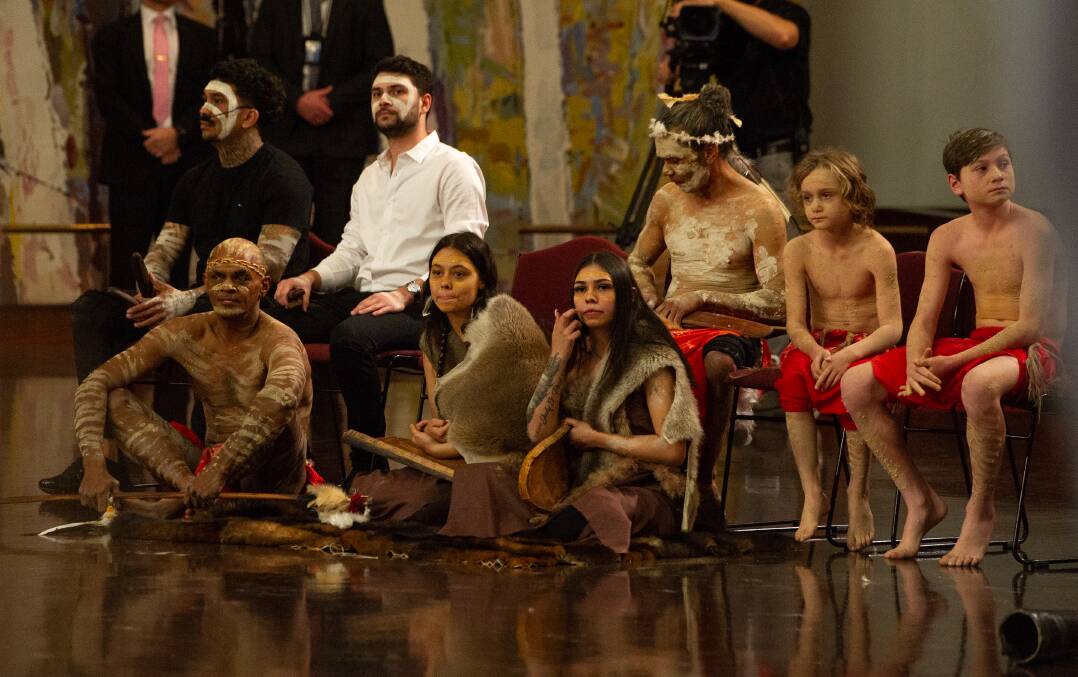

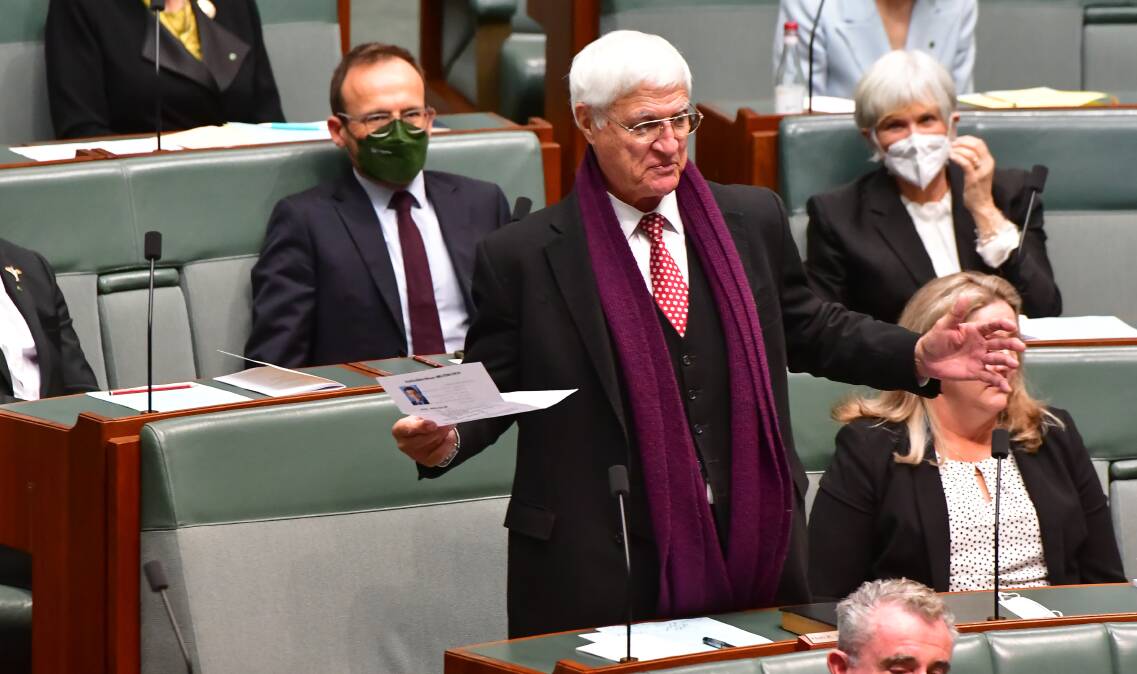



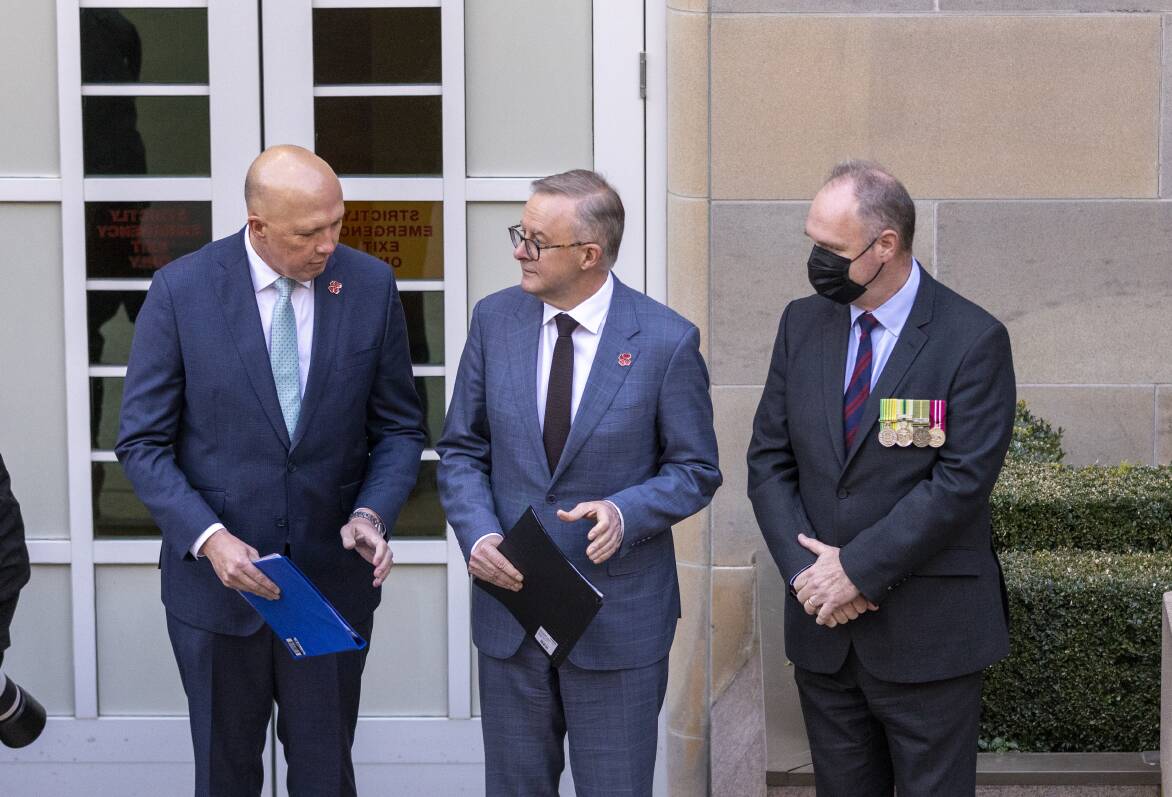
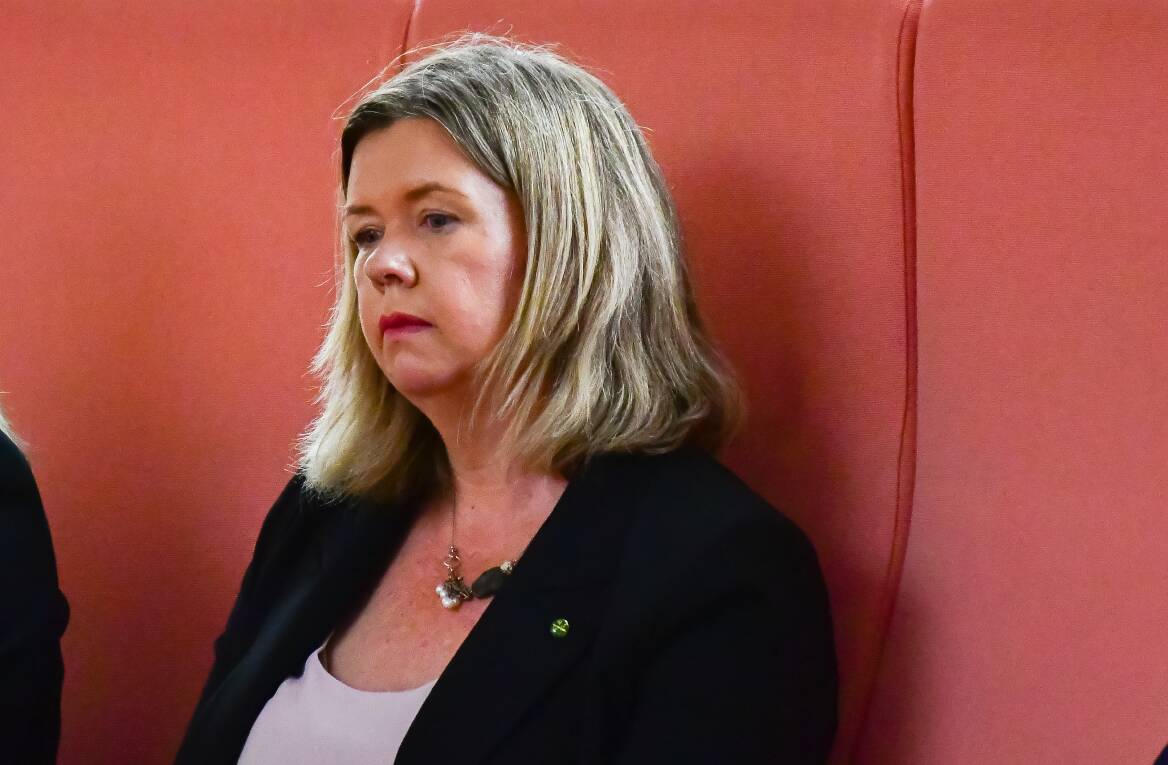
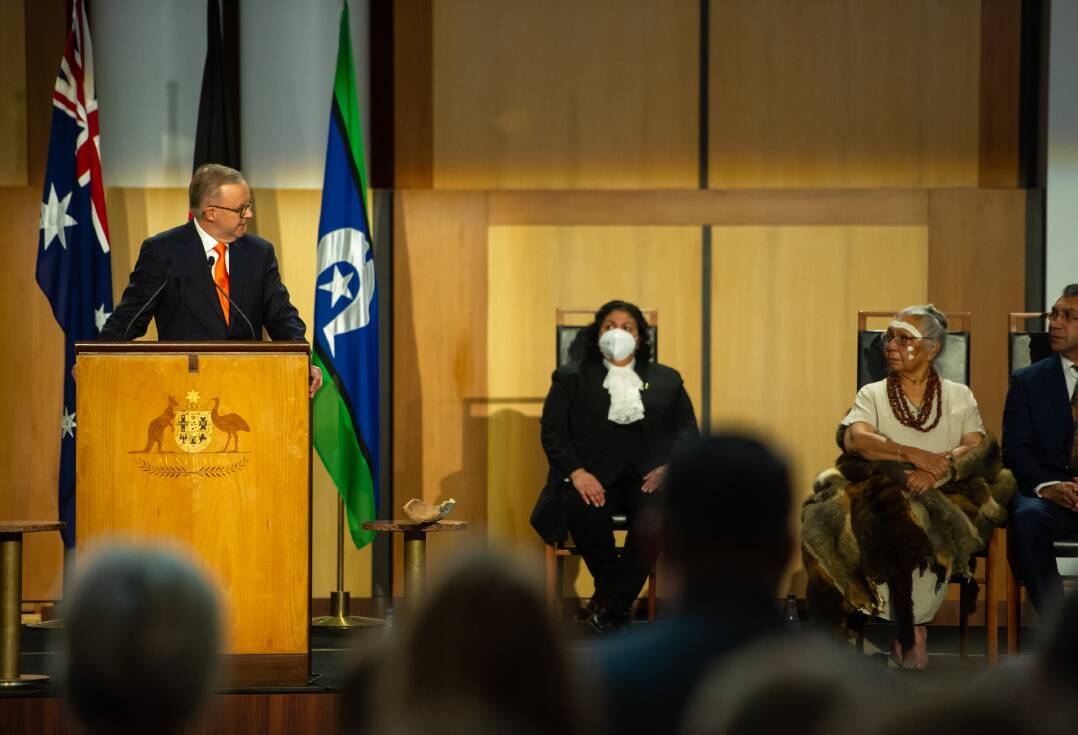
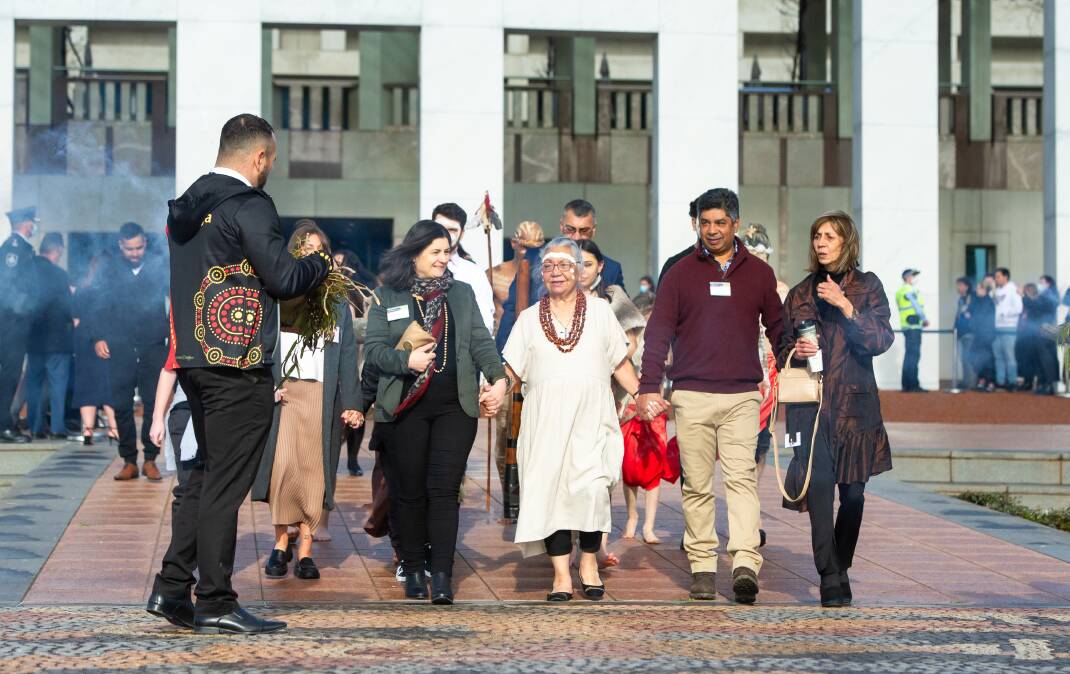
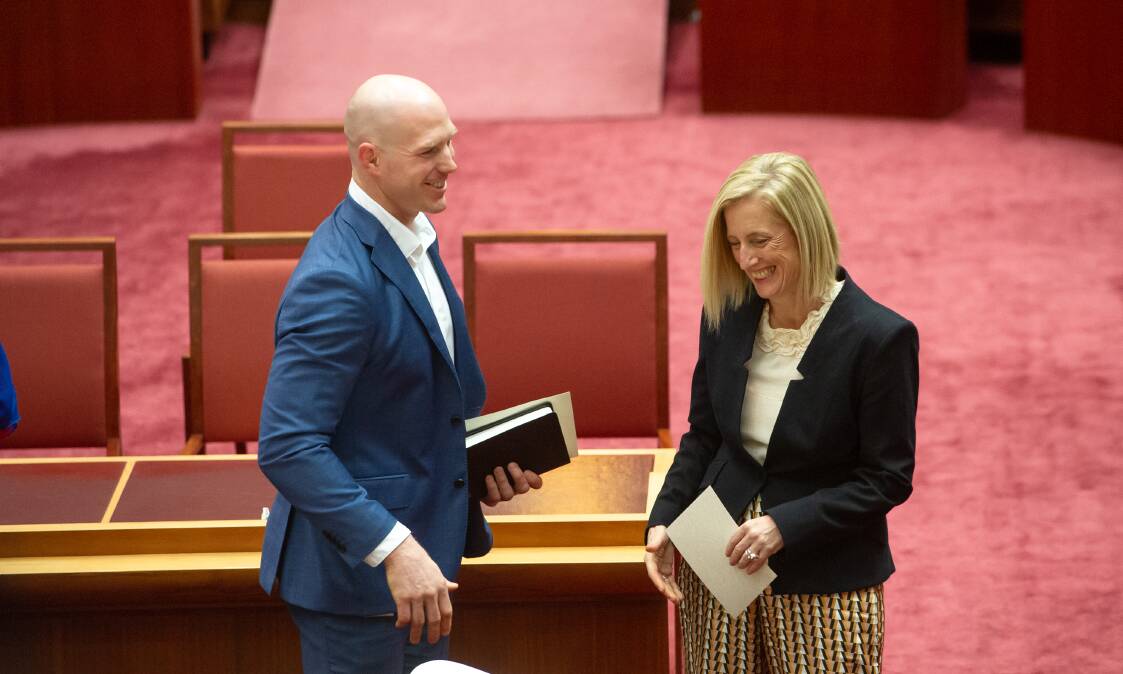
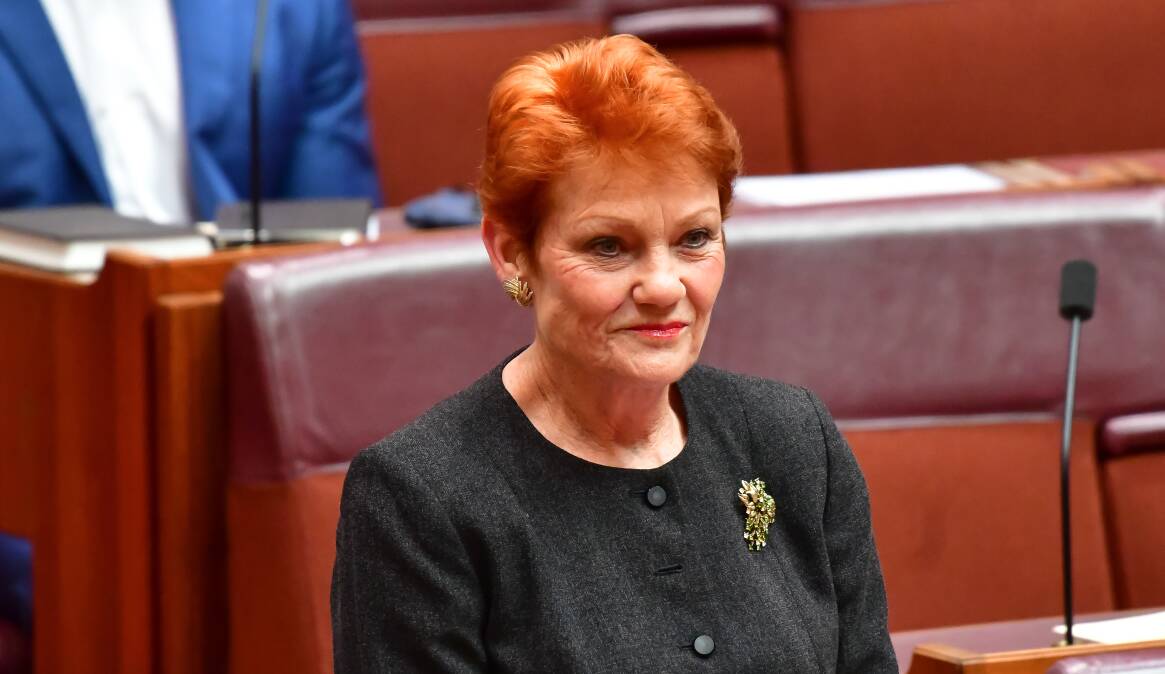
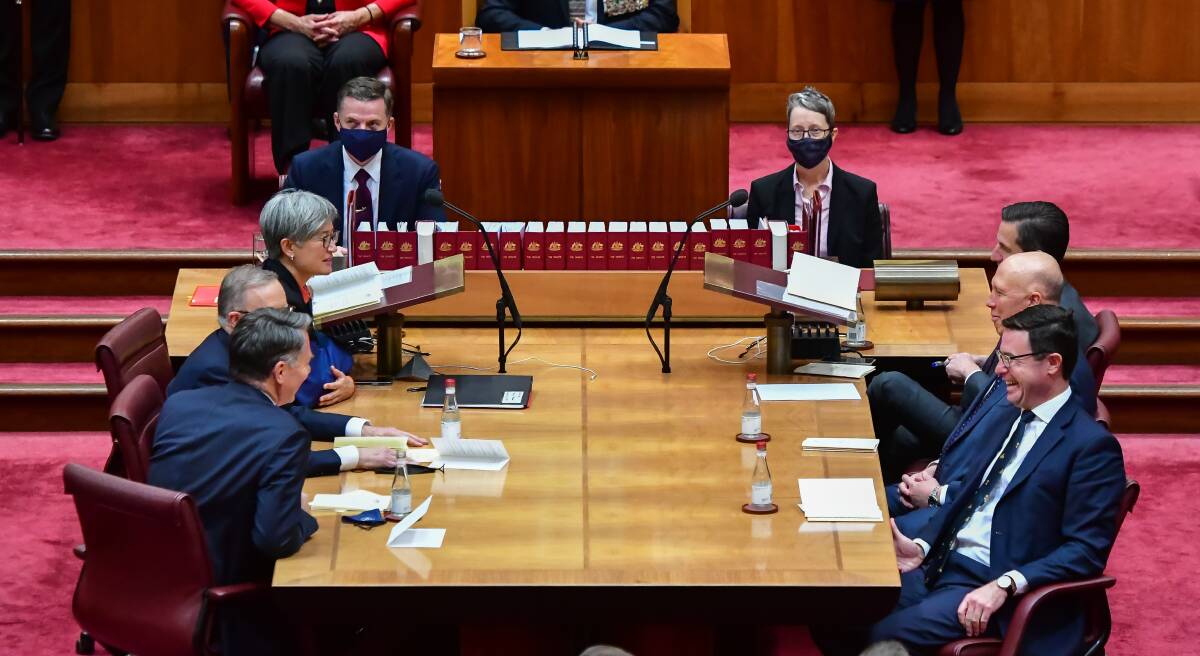
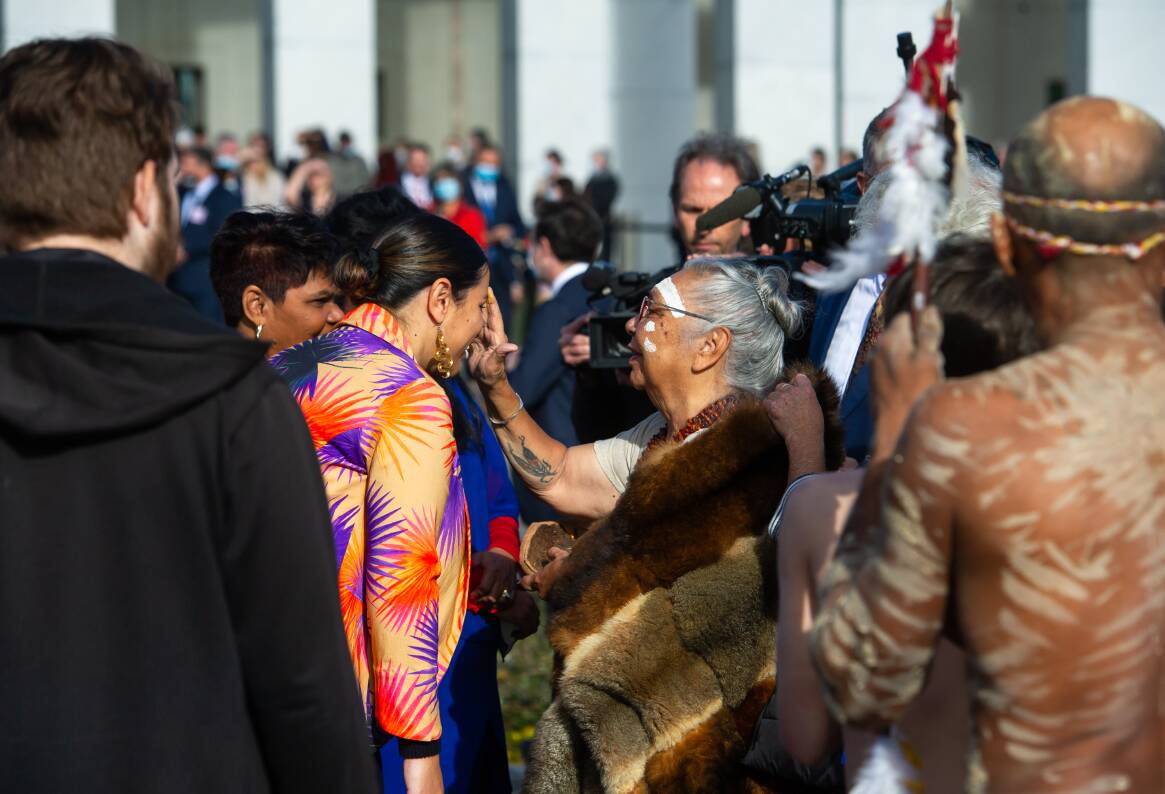
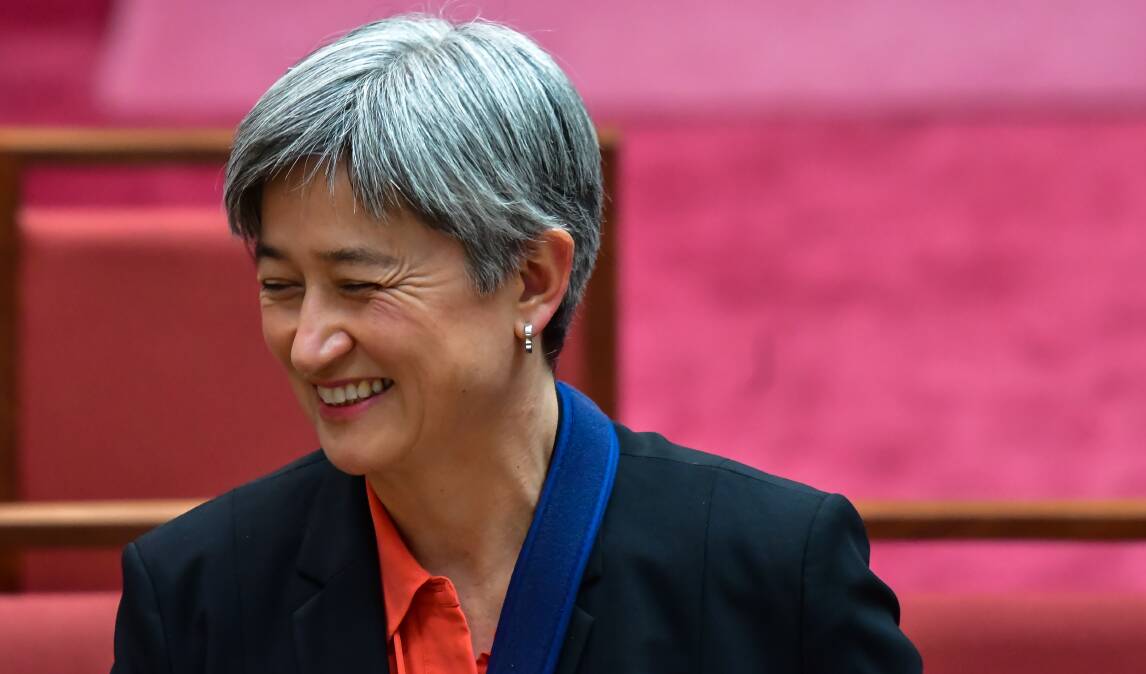

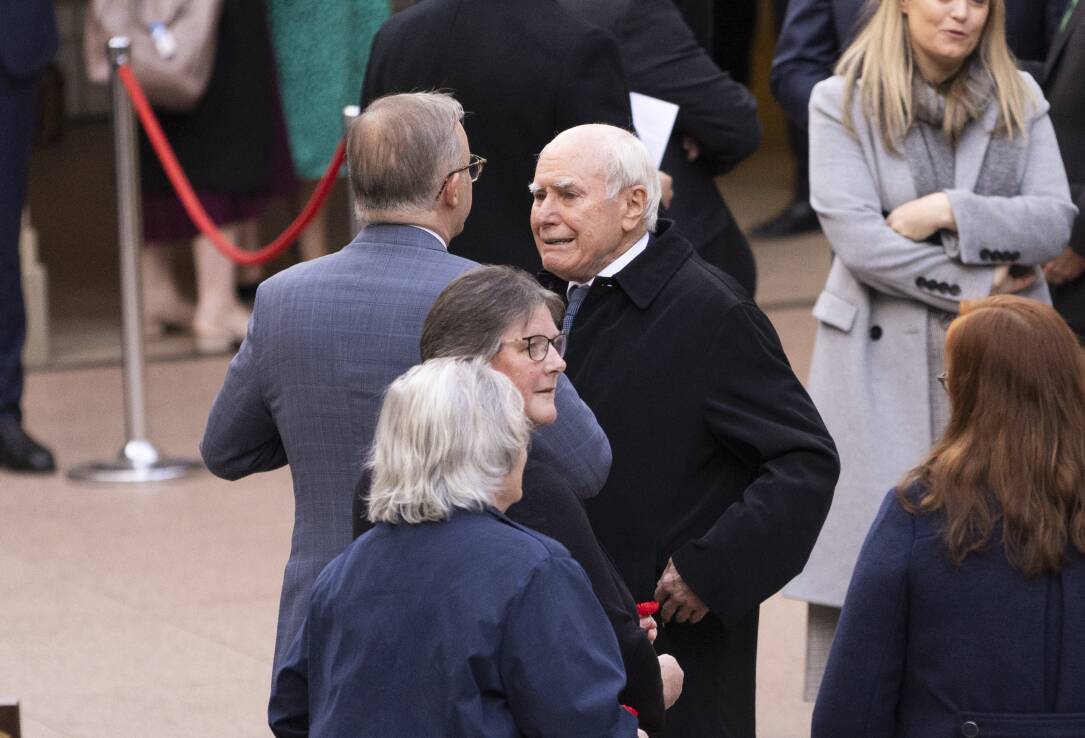
IT was another Labor prime minister, Paul Keating, who said in his final year in the job in 1996 that "when you change the government, you change the country".
Australia has changed the colour of its governments just eight times since the end of World War II. We've had twice as many PMs in that time, and from Kevin Rudd onwards, the job has been something of a revolving door.
In Anthony Albanese, Australia has a prime minister who has proudly clawed his way to the top job in the land from the distant anonymity of public housing - and who will have to fight every day of his political life against a Liberal-led opposition whose members are convinced that they, as the representatives of capital, are the "natural" parties of government in this country.
The track record, measured in years, shows the Coalition has spent more time in power than Labor in the post-war period, but the gap is much less in the years since Gough Whitlam ended 23 years of conservative rule in 1972.
The Whitlam government changed Australia like perhaps no other, but its faults still stand as sentinel warnings in the corridors of power.
Mr Albanese proudly evokes Whitlam minister Tom Uren as a key mentor, and "Albo" arrives at The Lodge with a deep and profound attachment to traditional Labor values, leavened with a genuine understanding of - and empathy with - the "new" politics of gender, the environment and individual aspiration.
On the back of this aspiration, the Morrison government had hoped to flip at least one Hunter seat to the blue camp, but failed.
PARLIAMENTARY PROCEEDINGS:
- Teals make climate pitch
- Labor's Milton Dick the new house speaker
- Opening day blog and summary
- Casuals eligible for domestic violence leave: Tony Burke
The Hunter stayed resolutely red and will look to its four Labor MPs - Pat Conroy, in the outer ministry, Sharon Claydon, elected deputy speaker yesterday afternoon, and backbenchers Meryl Swanson and the newly elected Dan Repacholi - to represent the region, and to show the sceptics that swinging seats are not the only electorates to receive government attention.
The government has unveiled an ambitious agenda for change, but nothing will be more important than the bill to legislate a 43 per cent carbon emissions reduction by 2030.
Politics runs on compromise and the Greens - who rejected the Rudd government's carbon pollution reduction scheme in 2009 - must respect Labor's mandate this time around.
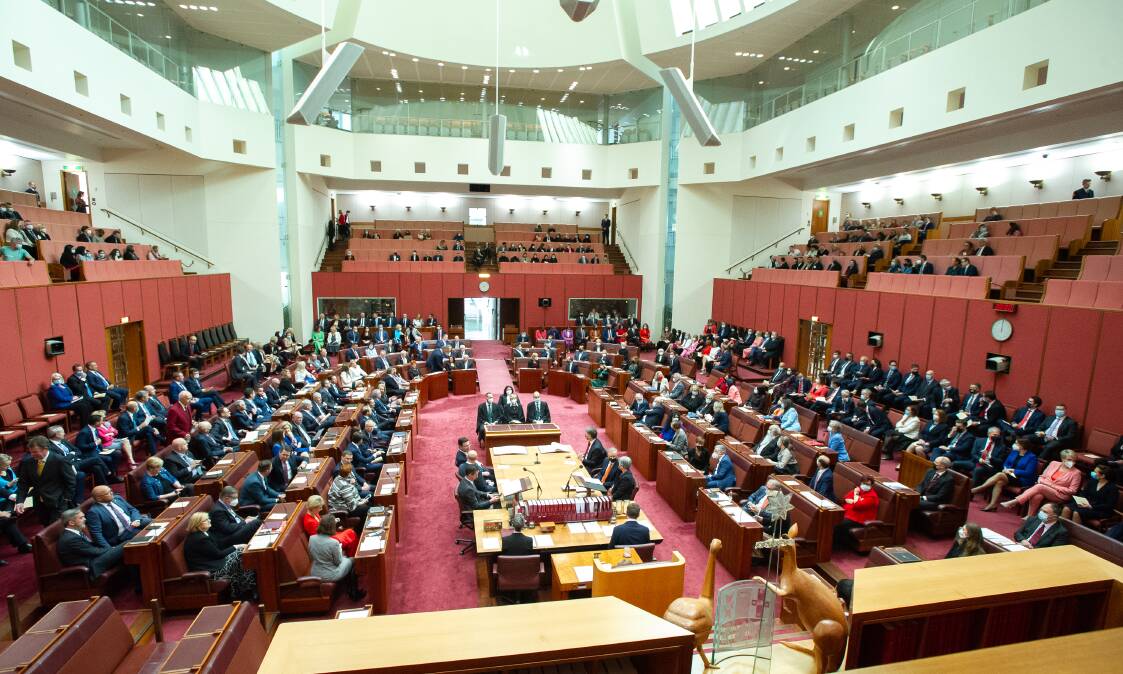
ISSUE: 39,932







